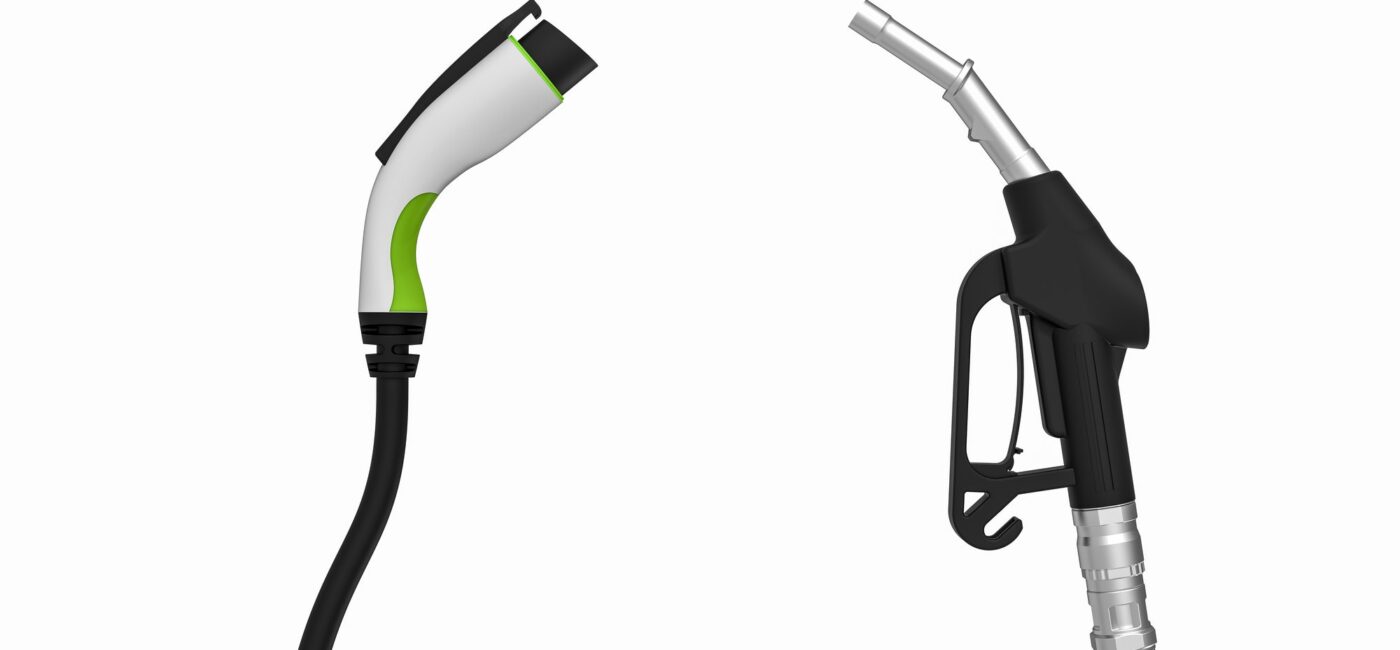With the ever-growing concern for the environment and the continuous evolution of technology, hybrid cars have emerged as a pivotal solution in the automotive industry. These vehicles are more than just a combination of an internal combustion engine and an electric motor—they represent a revolutionary step towards sustainable and efficient transportation. In this article, we’ll delve into the workings of hybrid cars, unravel their operational mechanisms, and explore the array of benefits they offer.
Understanding Hybrid Cars: A Fusion of Technologies
The Fundamental Principles Behind Hybrid Cars
At the heart of a hybrid vehicle lies the integration of two power sources: an internal combustion engine, typically fueled by gasoline, and an electric motor powered by a battery pack. This amalgamation allows for the optimization of energy usage and minimizes reliance on traditional fossil fuels. The on-board computer system orchestrates the seamless transition between these power sources, ensuring an efficient and eco-friendly drive.
Transitioning between the electric motor and the gasoline engine occurs based on specific driving conditions. During slow speeds or idling, the electric motor dominates, emitting zero tailpipe emissions and conserving fuel. Conversely, when higher speeds or increased power demands are necessary, the gasoline engine kicks in to provide the required propulsion, simultaneously recharging the battery pack.
The Mechanics at Play
Hybrid cars utilize regenerative braking—an ingenious technology that converts kinetic energy generated during braking into electricity. When the driver steps on the brakes, the electric motor operates in reverse, acting as a generator to capture and store energy in the battery. This energy is subsequently tapped into for powering the vehicle at lower speeds or during acceleration, contributing to increased fuel efficiency.
Unveiling the Benefits of Hybrid Cars
Environmental Impact and Fuel Efficiency
One of the foremost advantages of hybrid cars is their environmental friendliness. By relying on electric power at lower speeds, these vehicles significantly reduce greenhouse gas emissions and curb air pollution. This eco-conscious approach aligns with the global efforts to combat climate change and preserve our planet for future generations.
Moreover, the fuel efficiency of hybrid cars is notably superior compared to conventional gasoline-powered vehicles. The seamless synergy between the electric motor and gasoline engine optimizes fuel consumption, resulting in fewer trips to the gas station and substantial savings for the owner.
Cost-Efficiency and Reduced Maintenance
Though the initial purchase price of hybrid cars might be slightly higher, their long-term cost-efficiency becomes evident over time. With lower fuel expenses and potential tax incentives for environmentally friendly vehicles, owners can offset the initial investment through savings on fuel and tax benefits.
Additionally, hybrid vehicles often require less frequent maintenance. The regenerative braking system diminishes wear on traditional brakes, prolonging their lifespan. Fewer visits to the mechanic coupled with fewer brake replacements contribute to reduced maintenance costs in the long run.
Enhanced Driving Experience and Innovation
The driving experience in hybrid cars is not just about eco-friendliness and efficiency—it’s also about the innovative technology enhancing the journey. The seamless transition between the power sources provides a smooth and quiet ride, offering drivers a unique and comfortable driving experience.
Moreover, the continuous advancements in hybrid technology pave the way for future innovations. Manufacturers are constantly striving to improve battery efficiency, increase electric range, and develop more sustainable materials, fostering a cycle of innovation and progress in the automotive industry.
Conclusion: Driving Towards a Sustainable Future
Hybrid cars embody a paradigm shift in the automotive landscape, integrating technology and sustainability to redefine the way we commute. Understanding their operational mechanisms and recognizing the manifold benefits they offer underscores their significance in steering us towards a greener, more sustainable future. Embracing hybrid technology not only augments our driving experiences but also plays a pivotal role in mitigating the environmental impact of transportation, setting the wheels in motion towards a more sustainable tomorrow.

